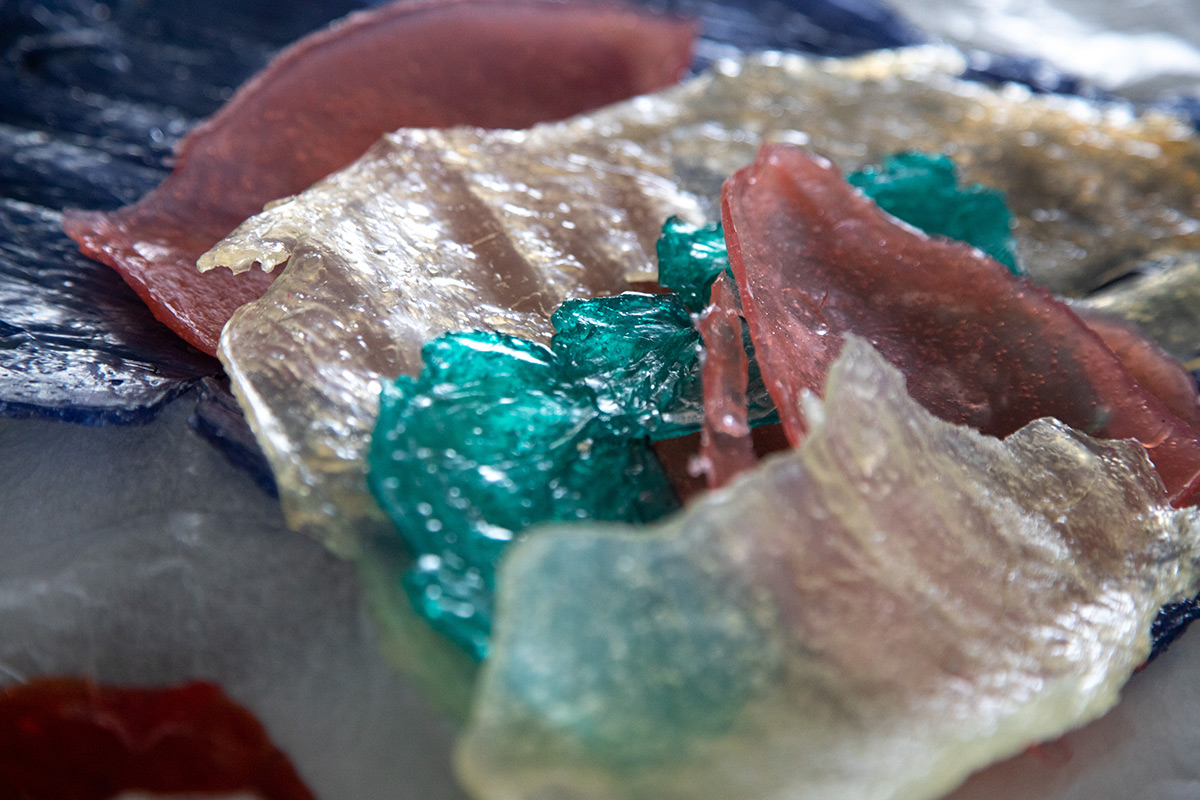Natural plastic

Nutritious, healing and full of surprises. Plant materials already provide humans with food, medicines, cosmetics, paints and building materials. In the future, biodegradable or recyclable plastics will also be made from plants.

Scientists are investigating how new, biodegradable or recyclable plastics can be obtained from plants, which have a lower environmental impact and are largely CO2-neutral during production. One of the most important raw plant-based materials is starch, which is mainly obtained from potatoes, corn or wheat. Starch is found in many packaging materials such as yogurt pots and disposable tableware.
One goal of plant research is to breed crops with better utilization and processing properties. Prof. Samuel Zeeman’s research group at ETH Zurich, for example, is investigating which enzymes are necessary to build up and break down starch.
If plants are to be the basis for sustainable materials, we must consider that renewable resources require a lot of land area and raw materials. To ensure that the use of plant-based raw materials does not compete with food production, researchers such as Prof. Rachael Garrett and Prof. Jaboury Ghazoul at ETH Zurich or Prof. Maria Santos at the University of Zurich are developing solutions to make land use sustainable and as efficient as possible. Researchers such as Prof. Benjamin Stocker at ETH Zurich and Prof. Jordi Bascompte at UZH use computer programs to model how plant growth depends on the environment and will develop in a changing climate.
The Zurich-Basel Plant Science Center is a competence center for plant and environmental sciences at ETH Zurich, University of Zurich and University of Basel. More than 45 research groups are working on sustainable solutions for our environment, agriculture and future use of resources. The Plant Science Center brings cutting-edge research to life in its outreach programs. We create workshops and courses for children and adolescents that investigate plant-based solutions from the perspectives of art, design, and science. For example, together with artists and researchers, we tested the possibilities of bioplastics in our CreativeLabZ course “Material wonders”.
Would you like to create a bioplastic yourself? A BioDesign Challenge and many ideas are waiting for you at our booth.
Fifteen young people investigated the production of bioplastics in our CreativeLabZ course “Material Wonders” in April 2021.
